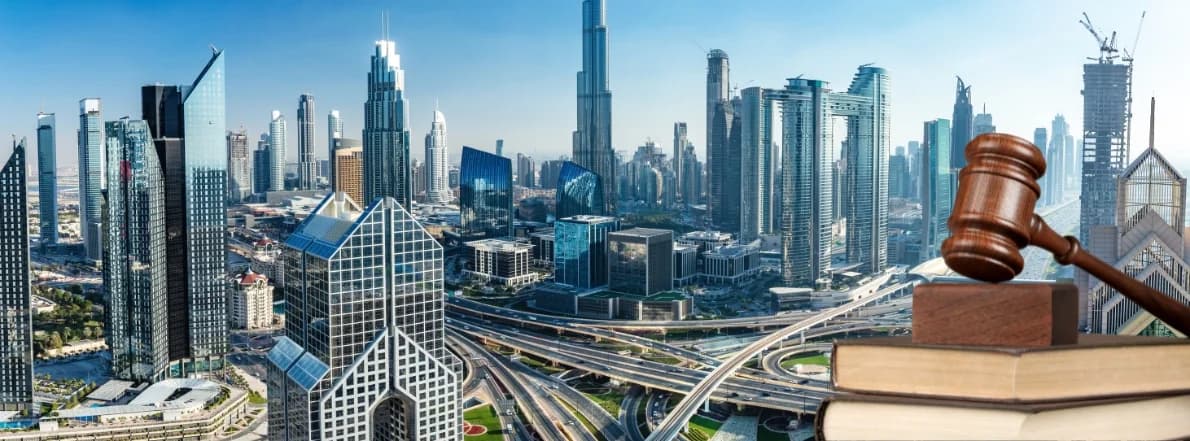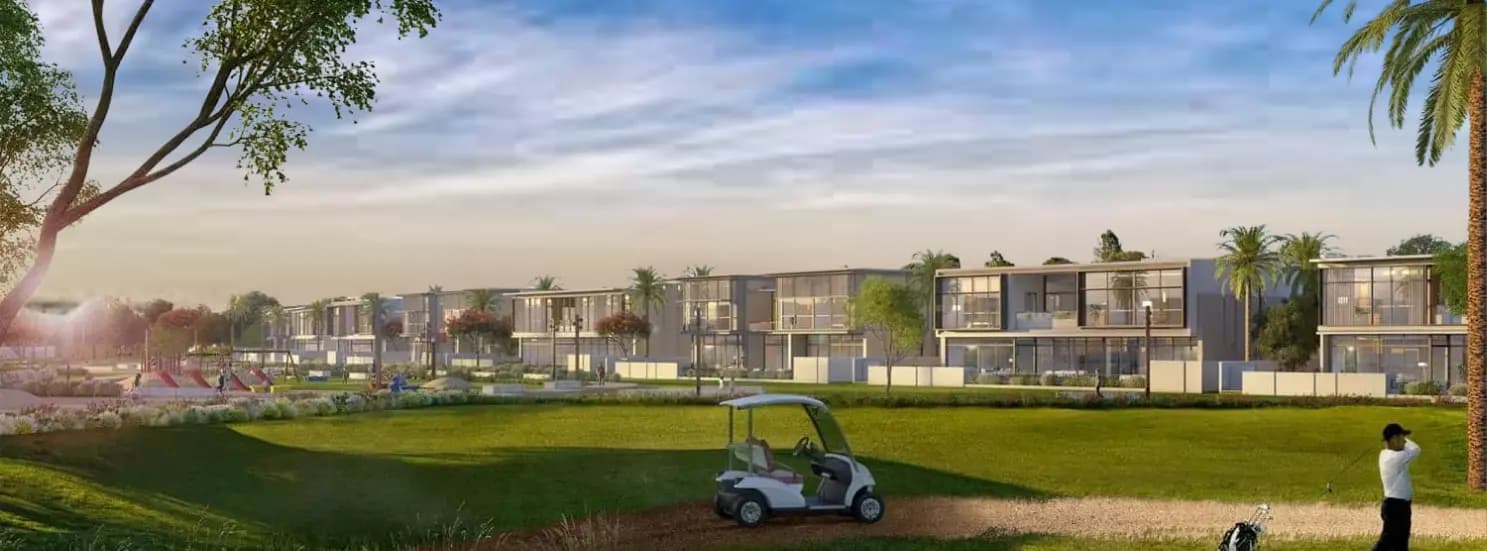Having proper knowledge about laws is important because it offers the ability to handle matters related to property, and when the matters include passing the ownership to heirs, then it becomes really important. Suppose you are a property owner or an heir who wants to learn about the Inheritance laws in the UAE and how they impact property ownership. In that case, this guide will give you a brief knowledge that will help you to understand your plans and their executions.
What is an inheritance law, and how does it work in the UAE?
An inheritance law is a set of rules that covers different aspects of inheritance, including how the UAE courts decide the distribution of assets among the children to secure guardianship if a Muslim or non-Muslim person dies and hasn't drafted a will for transferring property's custody.
In Article 313 of the UAE Personal Status LAW of 2005, Inheritance is defined as the imperative devolution of property and pecuniary rights upon the death of their owner to their beneficiaries. The conditions required for entitlement to inheritance are as follows.
- Death of the legator in reality or by a judgment. Article (317)
- The real or discretionary survival of his inheritor at the time of his death. Article (317)
- Knowing the sides of inheritance. Article (317)
- There shall be no inheritance if there is a difference in religion. Article (318)
Legal Framework of Inheritance of Property in the UAE.
Inheritance is governed by Islamic law (Sharia law) in the UAE. In recent years, the population has diversified, and to protect expatriates' rights, the UAE has implemented significant changes that impact the inheritance of property in the UAE.
Personal Status Law: How the shares are distributed among family members based on Islamic law for Muslims. It has a few key principles that talk about:
- Fixed Shares—Islamic law has prescribed fixed shares of the heirs, including spouses, children, and parents. For example, a widow gets her husband's 1/8th estate if there are children and 1/4th if there aren't.
- Need for no WiIl—Although there is no Will needed for the distribution of property, it also allows the distribution of up to 1/3rd of the estate to non-heirs or individuals not entitled to inherit property per Islamic law through a Will.
Civil Code: It outlines the property inheritance for non-Muslims, distributing assets with more flexibility than Islamic law.
- Flexibility to choose law—Non-Muslims can bypass Islamic law and consider their home country's laws when inheriting properties.
- Registration and DIFC Wills Service Center—One can draft their will to ensure the shared distribution of property among heirs, and the Dubai International Financial Centre (DIFC) helps non-Muslims or ex-pats with this.
Property Ownership, Inheritance, and Real Estate.
In the UAE's real estate market, property ownership is a significant concern, especially when there is more than one heir or case of no heirs for both Muslims and non-muslims. One must keep the given points below for better understanding.
- Joint vs. Individual ownership: UAE laws allow property to be owned individually or jointly. In the case of joint ownership, upon the death of one owner, the ownership is transferred to the surviving one. If there isn't a will, the distribution of the deceased's share is done according to Sharia law, which may result in unintended outcomes.
- Freehold vs. leasehold: In real estate, both freehold and leasehold properties can be owned, and there are different processes for inheriting them. Freehold properties offer more straightforward inheritance processes, while leasehold properties might need legal considerations.
- Drafting of Will: Property owners must understand the importance of a will to ensure the assets are distributed or transferred according to their wishes, which may not be aligned with Islamic law.










